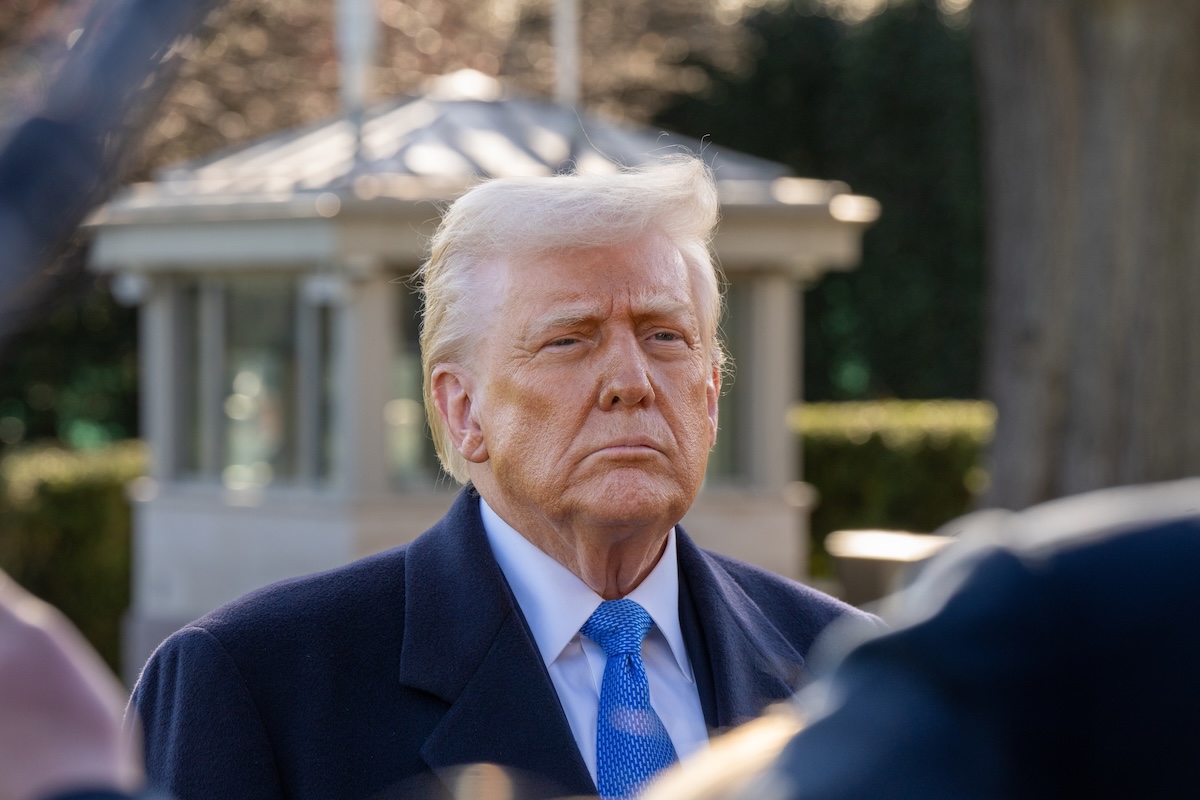
Stocks rallied Monday after the U.S. and China announced a 90-day trade truce. The deal offers hope for a permanent trade deal, but there is little clarity on what Americans will actually get out of it.
Under the deal, the U.S. will cut its 145% tariff on Chinese goods down to 30%, while China will lower its own tariff on U.S. imports to 10%, down from 125%. Both sides described the agreement as a pause to keep talks going — not a resolution.
Officials from both countries met over the weekend in Geneva to work out the details. At a press conference, U.S. Treasury Secretary Scott Bessent said the message from both sides was clear: “Neither side wanted a decoupling.”
Trump also softened his tone on Monday, telling reporters, “We’re not looking to hurt China.”
That’s in stark contrast to his tough talk during the April 2 “Liberation Day” press conference, when he unveiled the 145% tariff.
Kelly Ann Shaw, a former White House economic adviser under Trump, told Reuters the move shows the president is simply following through.
“He is doing what he said he would,” she said. “This is absolutely about resolving disparities in the trading relationship.”
But many online — including economists, former officials, and political strategists — saw it differently.
“China has agreed to nothing,” said economist Peter Schiff on X. “If 145% tariffs were just a bargaining chip, China already called Trump’s bluff and won.”
Others pointed out that Trump gave up the threat of high tariffs without winning any clear concessions in return.
“I guess all those manufacturing jobs aren’t coming here now,” wrote former federal prosecutor Ron Filipkowski. “So much for Liberation Day.”
What did the tariffs actually accomplish?
Economist Justin Wolfers told MSNBC that the best outcome would be to roll back Trump’s trade policy altogether.
“The single best thing that could happen is if we went back to the trade policy we had on January 20,” referring to Trump’s first day in office.
Wolfers noted that most wealthy countries have spent decades reducing tariffs, with average rates now around 1–2%. From that perspective, Trump’s tariff policy was fighting a battle the rest of the world had already moved past.
Peter Berezin, chief strategist at BCA Research, added that China effectively got the same 10% tariff rate and 90-day extension as other countries that pushed back on Trump’s trade measures without giving anything up.
“I don’t see how that strengthens Trump’s hand in future negotiations,” he wrote.
Democratic strategist Matt McDermott said the White House still hasn’t delivered on its central promise: bringing factory jobs back to the U.S.
In the meantime, Americans are stuck with a 30% import tax, which eventually gets passed on to consumers. “Trump caved and got zero in return,” McDermott wrote.
Fox Business reporter Charles Gasparino said the Trump administration backed down because the markets — especially the bond market — started pushing back too much.
“What we have seen is a little lesson on how markets exert their power,” Gasparino wrote. “You can't go to trade war with the world without bad stuff happening.”
Your email address will not be published. Required fields are markedmarked